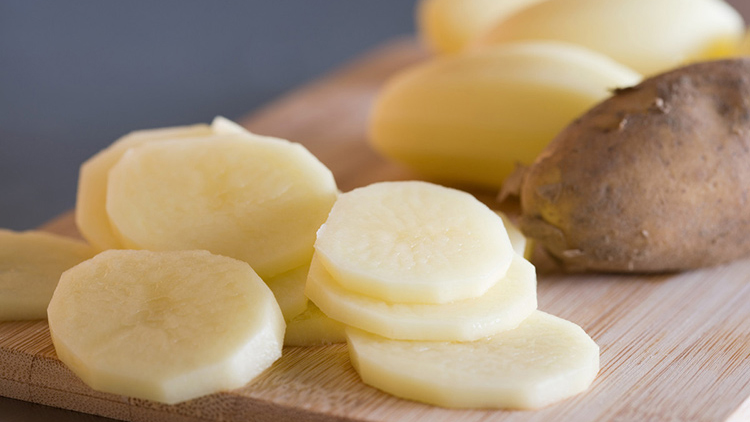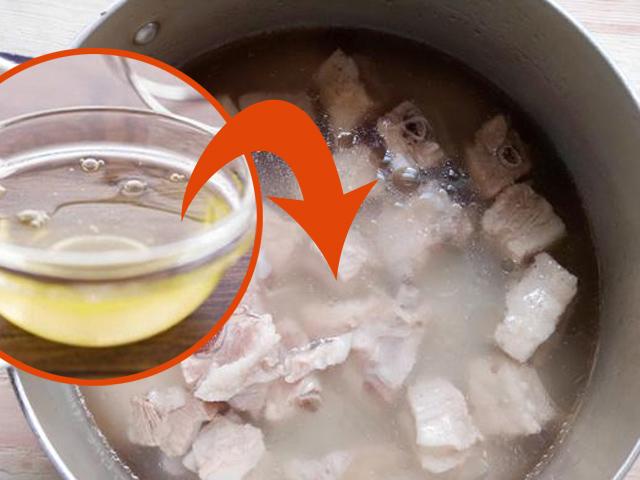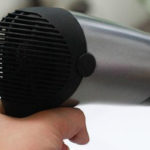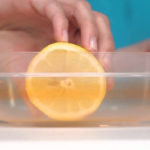Using potatoes
If you accidentally put too much salt while cooking soup, making the dish too salty and hard to swallow. Many people might think of adding more water. But hold on, instead of doing that, take some raw potatoes, slice them thinly, and add them to the salty soup or broth. Let the potatoes sit in there for at least 15 minutes. The potato slices can effectively absorb the salt. After that, you just need to remove the potatoes and taste the dish again to see if the flavor is right.
Using vinegar or fresh lemon juice
A small amount of rice vinegar or fresh lemon juice can help neutralize the saltiness of the dish. Note that for dishes with milk, you should not use this method as the milk will curdle under the effect of vinegar/lemon, altering the taste of the dish.

Using tomatoes
If you don’t have lemons or potatoes, you can also use thick slices of tomatoes and soak them in the dish for 15 to 20 minutes. Tomatoes can help reduce the saltiness of the dish. However, tomatoes are not as effective as the methods mentioned above since they only have a mild sour taste.
Egg whites help absorb the saltiness of the dish
For soups and broths that are too salty, you can take egg whites from chicken or duck eggs, without beating them, pour them directly into the pot and let them boil for about 5 minutes. The saltiness will be significantly reduced. The amount of egg whites used should be adjusted according to the amount of food you are cooking.

Honey helps to mellow the saltiness
You can use honey for certain dishes. The sweet and mild flavor of honey will help the soup or broth become less salty and have a natural sweetness. Alternatively, you can use sugar as a substitute for honey. Note that you should only add a moderate amount of sugar/honey, enough to suit your taste, adding too much will change the taste of the dish.
Using water to fix saltiness
For soups, broths, and braised dishes, if they become too salty, you can rescue them by adding water. Add water slowly and taste the dish to see if it’s to your liking. You can also add some necessary spices such as chicken powder, pepper, or chili powder to ensure the dish is flavorful.





































